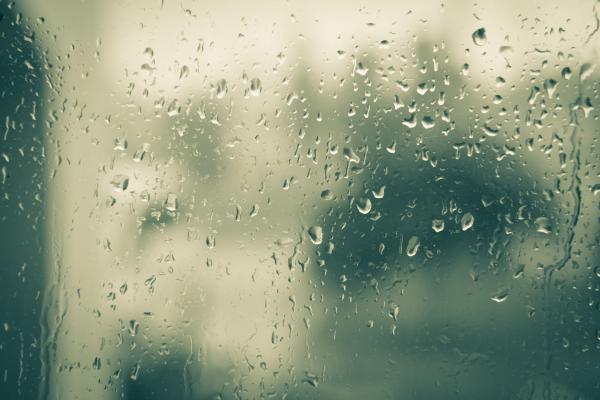It was a devastating weekend for black people in America.
On Friday, a white police officer pulled his gun at a pool party and assaulted a 15-year old black girl who cried for her mom in McKinney, Texas. On Saturday, a young black man committed suicide in his parents’ home in the Bronx after being held without trial at Rikers Island for three years (nearly two in solitary confinement), accused of stealing a backpack — a charge that prosecutors ultimately dropped. On Sunday evening, hotel security officers profiled four young black organizers from Baltimore in the lobby of the Congress Plaza Hotel at the conclusion of The Justice Conference.
Over the course of those three days, I spoke at The Kirchentag Festival in Stuttgart, Germany, and at Christ Church Cathedral in Dublin, Ireland.
In the transition between countries, I rolled past trees, hills, and centuries-old homes on my way to the Stuttgart airport in the wee hours of Saturday morning. News of the incident in McKinney had not yet flashed across my Facebook homepage, young Kalief Browder had not yet hanged himself, and the four black activists from Baltimore were likely basking in the glow of seeing Dr. Cornel West preach at the conclusion of the first full day of The Justice Conference.
I listened intently as the ecumenical Christian festival’s volunteer driver shared his reflections on Germans’ struggle with guilt.
“Every single family in our country was a part of it,” said the 31-year-old, speaking of the Holocaust. “We are all dealing with it.”
I felt it — the thick spirit of real guilt that filled the air upon the mention of the words “The Third Reich” during my Bible study on the Luke 16:1-13 parable of the unjust manager earlier that week.
It felt more like sludge than spirit in that packed hall. The crowd of 500 had been laughing and nodding until those words were mentioned. Then, in an attempt to explain why Jesus would tell a parable about a manager who is commended for his illegal action, I explained the difference between technically legal actions that are existentially unjust and actions that are illegal, but existentially just. I used the legal system of antebellum slavery in the U.S., the legal system of South African apartheid, and the web of laws instituted by the Third Reich to demonstrate how nations could institute laws and systems that are declared legal, but are categorically unjust.
In the same way, I explained, the commended manager illegally cut the burden of people oppressed by their debt to his master. This lifted oppression and liberated the image of God in his community.
They got it. They got it because every single family in this nation, which commemorated the 70th anniversary of the end of World War II one month ago, understands the reality of legal systems that are existentially unjust in the eyes of God. And they are struggling with the guilt of their collective transgression against the world.
And these Christians are aware of the impacts of the spiritual lie bought and pedaled by their grandparents: the lie of human hierarchy. They recognize its impact today in a country where the “ Americanization of labor” has led to the highest rate of poverty in Germany since reunification 25 years ago, and increased immigration has led to a rise in hate groups. They also watched as their parliament rejected a bill that would introduce hate crimes as specific offenses.
Then I was in Dublin speaking on the power of confession and repentance to heal their land.
As our cab rolled through winding streets on my way to Dublin airport on Sunday, our driver explained the full history of religious conflict in Ireland.
Catholics, he explained, have been the ones pushed to the bottom rung of the human hierarchy in Ireland. Catholics were the ones relegated to the worst jobs. They were the ones relegated to the worst schools. They were the ones relegated to the cramped quarters of ghetto life. And that is why this overwhelmingly Catholic nation voted “Yes” for marriage equality.
“It’s the word ‘inequality,’ our driver explained, “The Irish understand it. And we can’t stand it.”
This astute driver was not only talking about social attitudes. He was talking about laws, systems, and legal mores that his society had accepted as normative, but which were existentially unjust because they failed to recognize the full image of God in all.
As I boarded my plane bound for the Washington Dulles Airport on Sunday morning, first news of the death of Kalief Browder began to flash across my Twitter feed. The next day the first-hand report of the racial profiling incident at the Justice Conference in Chicago flashed on Facebook.
What did I witness in Germany and Ireland? I witnessed citizens struggling to wash their nations and the church clean of the sin-soaked lie of human hierarchy made manifest in laws, systems, structures, and mores. What do I pray for in our America? The same.
Lisa Sharon Harper is Chief Church Engagement Officer for Sojourners and co-author of Forgive Us: Confessions of a Compromised Faith.
Image: ANURAK PONGPATIMET / Shutterstock.com
Got something to say about what you're reading? We value your feedback!
